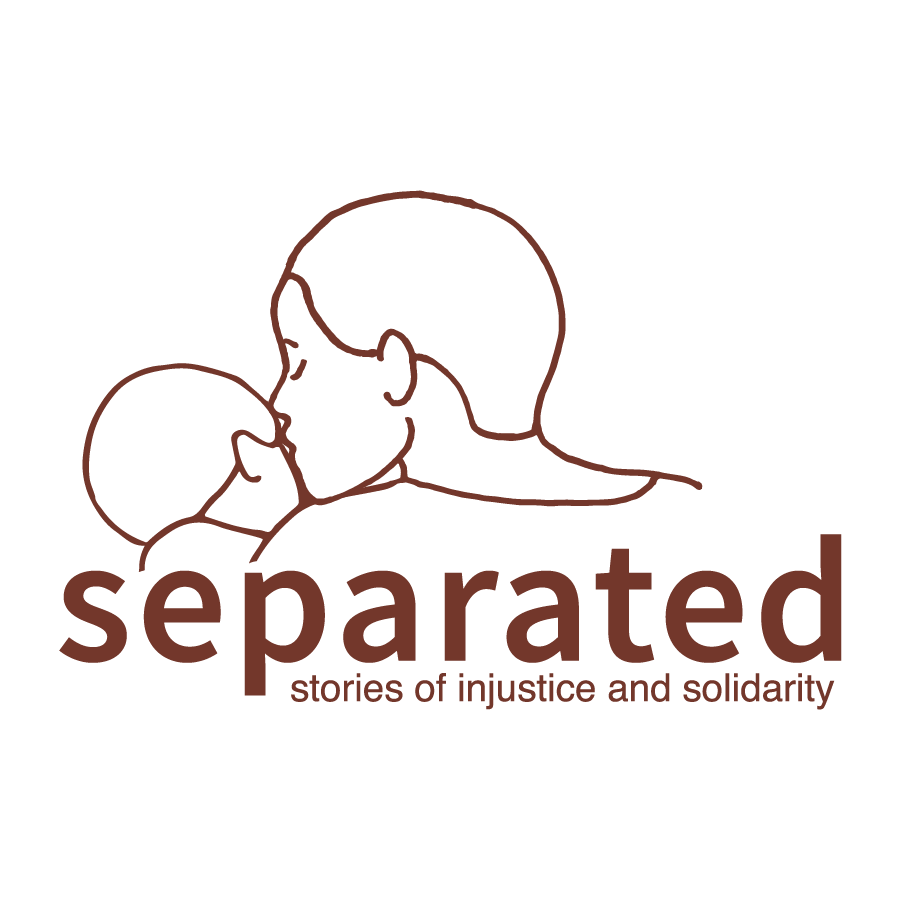Project Team
Fanny Julissa García is a Honduran American oral historian contributing work to Central American Studies with a focus on applied oral history, a term she coined to describe the use of oral histories to educate, inform policy change, and support communities endangered by state-inflicted violence. Her work focuses on immigration justice, detention and incarceration, family separation, and the transnational impact of failed border policies. Her work is informed by her own life’s history as a formerly undocumented immigrant and as a survivor of trauma and generational poverty. She has won multiple awards for her work as an oral historian, and recently received a National Endowment for the Humanities funded fellowship from the Oral History Association to work on Separated: Stories of Injustice and Solidarity which documents the life histories of families impacted by Zero Tolerance policy which forcibly separated parents from their children at the U.S./Mexico border. She has worked with Groundswell: Oral History for Social Change, and as an oral historian for The Path Home: Immigrants Making America project, which collects the oral histories of individuals who gained a path to citizenship after the passage of the 1986 Immigration Control and Reform Act. She currently serves on the editorial board of the Oral History Review. She received an Associate’s Degree from Los Angeles Valley College, a Bachelor’s degree from UCLA, and a Master’s degree in Oral History from Columbia University.
Nara Milanich is Professor of Latin American History at Barnard College, Columbia University. She teaches and researches the history of family, childhood, reproduction, gender, and law. Her most recent book Paternity: The Elusive Quest for the Father (Harvard University Press, 2019) explores the quest for a scientific proof of paternity and the social and political issues that, over the course of the twentieth century, these new genetic technologies were called on to address. Milanich has volunteered as a translator and legal assistant for Central American mothers and children incarcerated in the U.S.’s largest immigrant detention center, located in Dilley, Texas. She has written about this experience in the Washington Post, Dissent, and NACLA: North American Congress on Latin America. She teaches a class on the history and politics of Central American asylum organized around a collaboration with a migrant rights organization. She currently directs the new Center for Mexico and Central America at Columbia University.
Mariana Katz is a PhD candidate in History at Columbia University. Her dissertation explores the relationship between state formation and regimes of unfree labor in postcolonial Latin America, with a focus on nineteenth-century Paraguay. Her research, funded by the Social Science Research Council, lies at the intersection of the history of popular politics, the social history of labor, comparative slavery studies, and state making. Prior to starting her graduate studies, Mariana studied history at the University of Buenos Aires, in Argentina, and conducted research on the history of workers and artisans in nineteenth-century Buenos Aires. She has been involved in different public history initiatives, including working as a researcher and exhibition curator at the Museo Nacional del Cabildo and co-creating the podcast series The Sounds of Calibán: A History of Latin America through Music. Mariana has collaborated with Separated: An Oral History Project since 2021. She has conducted interviews with parents separated from their children at the U.S./Mexico border, served as transcriptionist including copy editing and proofreading completed interviews, and coordinated the Barnard College student team working on interview transcriptions.




